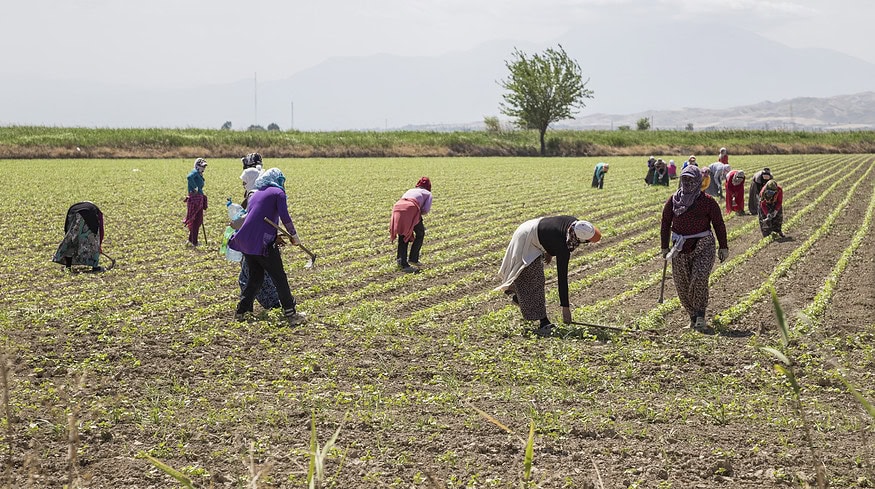Turkish farmers grapple with surging debt as input costs rise

Turkish farmers are facing an increasingly dire financial situation, with debts nearing 700 billion lira ($22.71bn), input costs increasing, and the government failing to render sufficient financial support, according to Deutsche Welle’s Turkish service. The outlet reports that soaring prices of diesel, fertilizers, pesticides, seeds, and animal feed have outstripped the value of state subsidies, forcing farmers to take on unsustainable levels of debt.
It is a predicament similar to that faced by many farmers in Europe, where burgeoning protests in countries such as Germany, France, Romania, the Netherlands, Italy, Spain, Greece, and Poland, along with other Eastern European nations, have been drawing attention to the pressures of increasing costs, reduced tax benefits, and competition from cheap agricultural imports.
Deutsche Welle quoted the president of Turkey’s Chamber of Agricultural Engineers, Baki Remzi Suiçmez, as noting that one critical driver of the crisis there is the lack of diesel subsidies, which represent an important source of support in many European territories. Diesel costs have reportedly increased by 78.6% in Turkey over the past year. In addition to this, The Turkish Union of Agricultural Chambers (TZOB) has said that fertilizer costs increased by between 16 and 25% in 2023, while the cost of animal feed and electricity have also gone up significantly.
Şemsi Bayraktar, the president of the TZOB, has been advocating for the removal of VAT and special consumption taxes on agricultural diesel, arguing that it is a necessity rather than a luxury for the sector. The livestock industry is in particular jeopardy due to the escalating feed prices, which pose a threat to Turkey’s self-sufficiency in meat and milk production.
Despite the government’s efforts to tackle these issues through a 44.5% increase in the agricultural support budget for 2024, experts maintain that these measures do not go far enough in combating the country’s high inflation rates. Data from the Banking Regulation and Supervision Agency (BDDK) reveals that the outstanding agricultural loans amounted to 582 billion lira ($18.88bn) in December 2023, with a concerning tilt towards short-term financing, illustrating the acute financial strain on Turkey’s farming community.
Enjoyed this story?
Every Monday, our subscribers get their hands on a digest of the most trending agriculture news. You can join them too!















Discussion0 comments